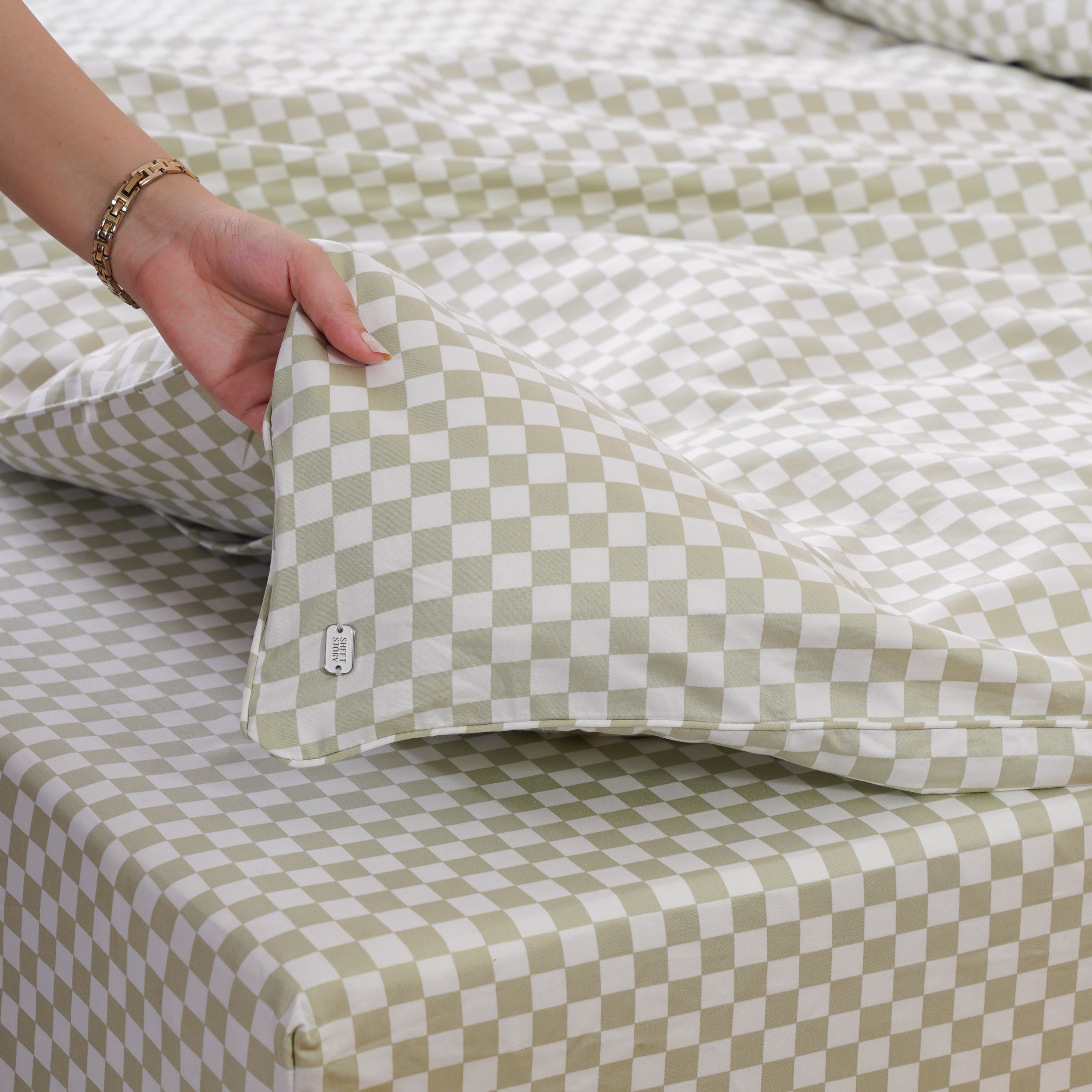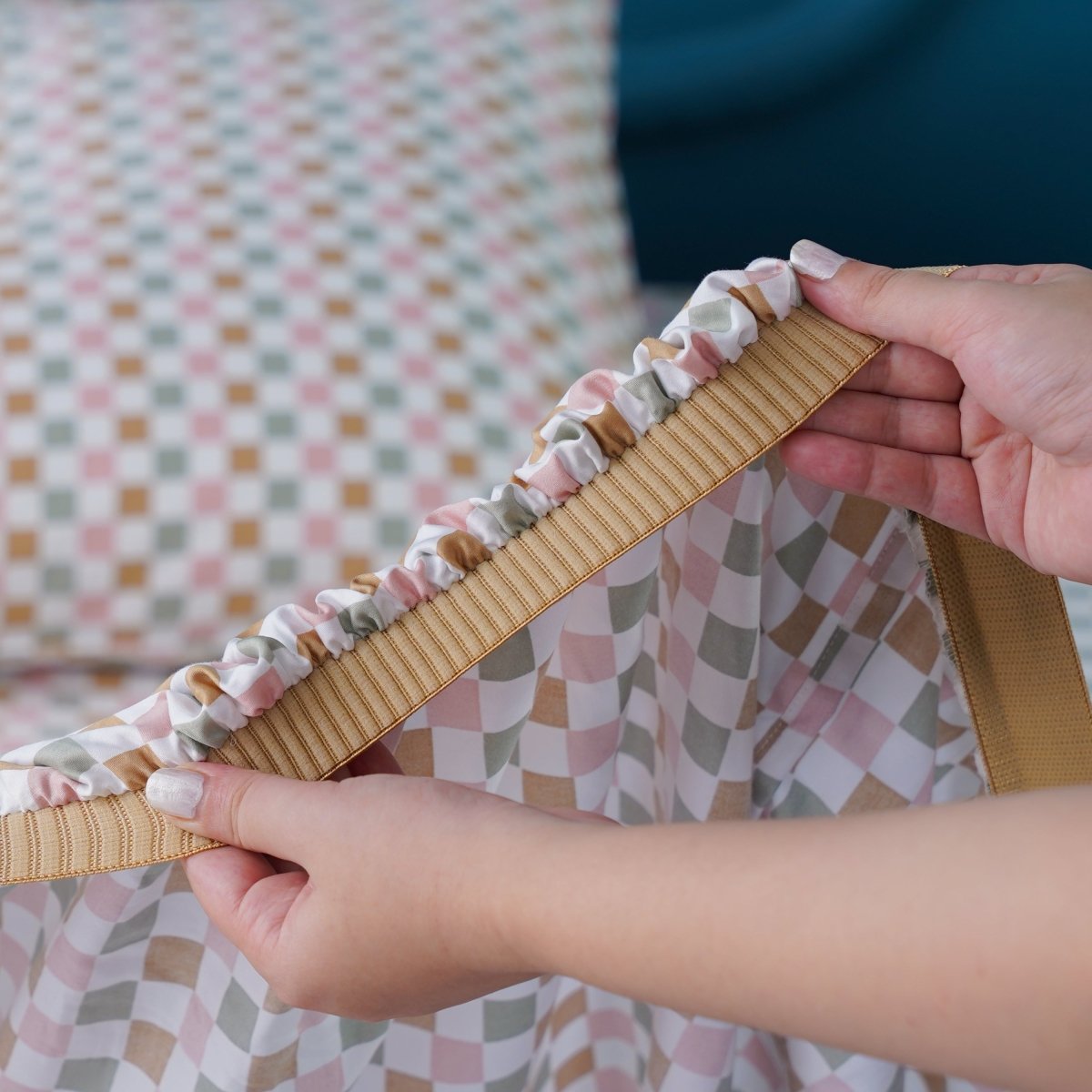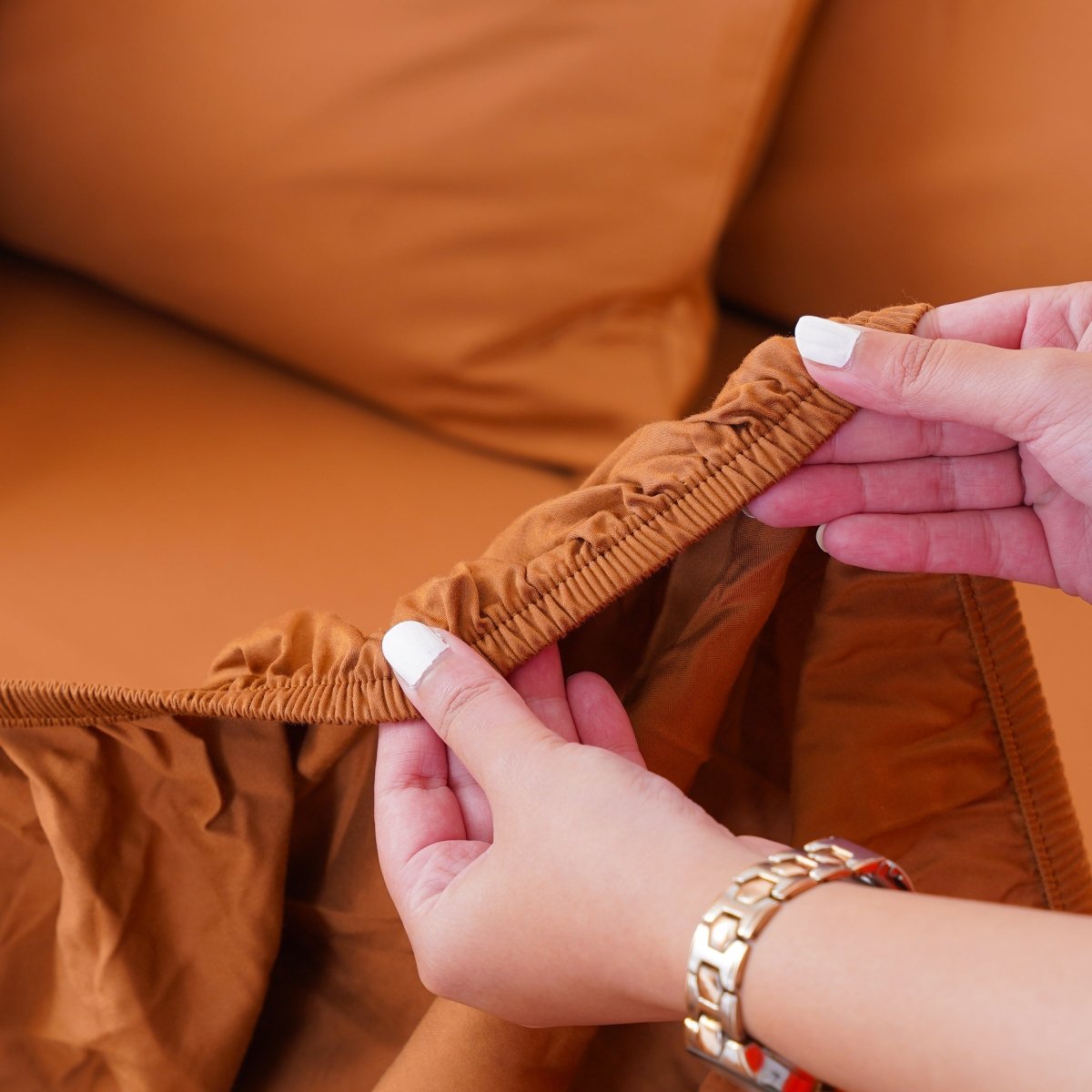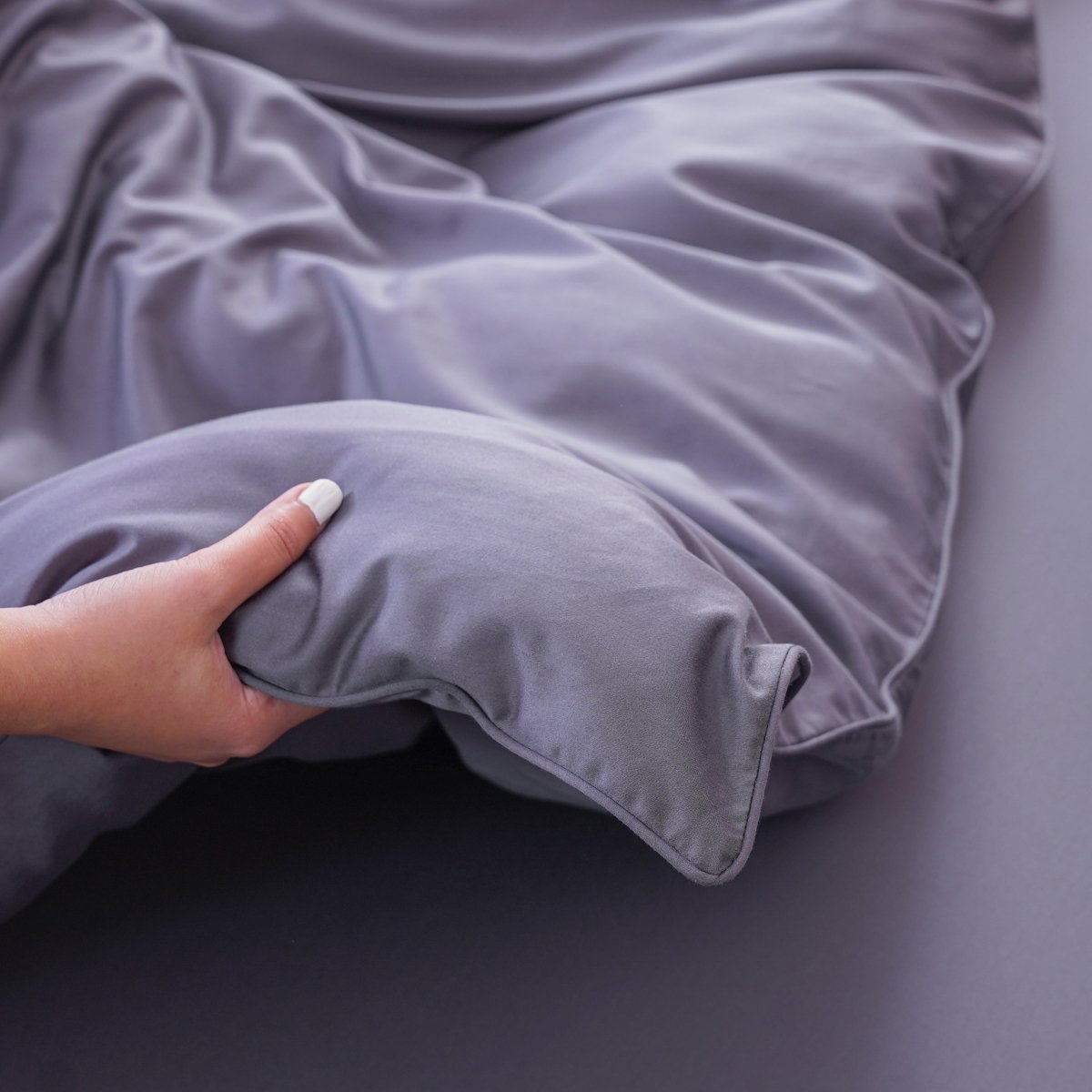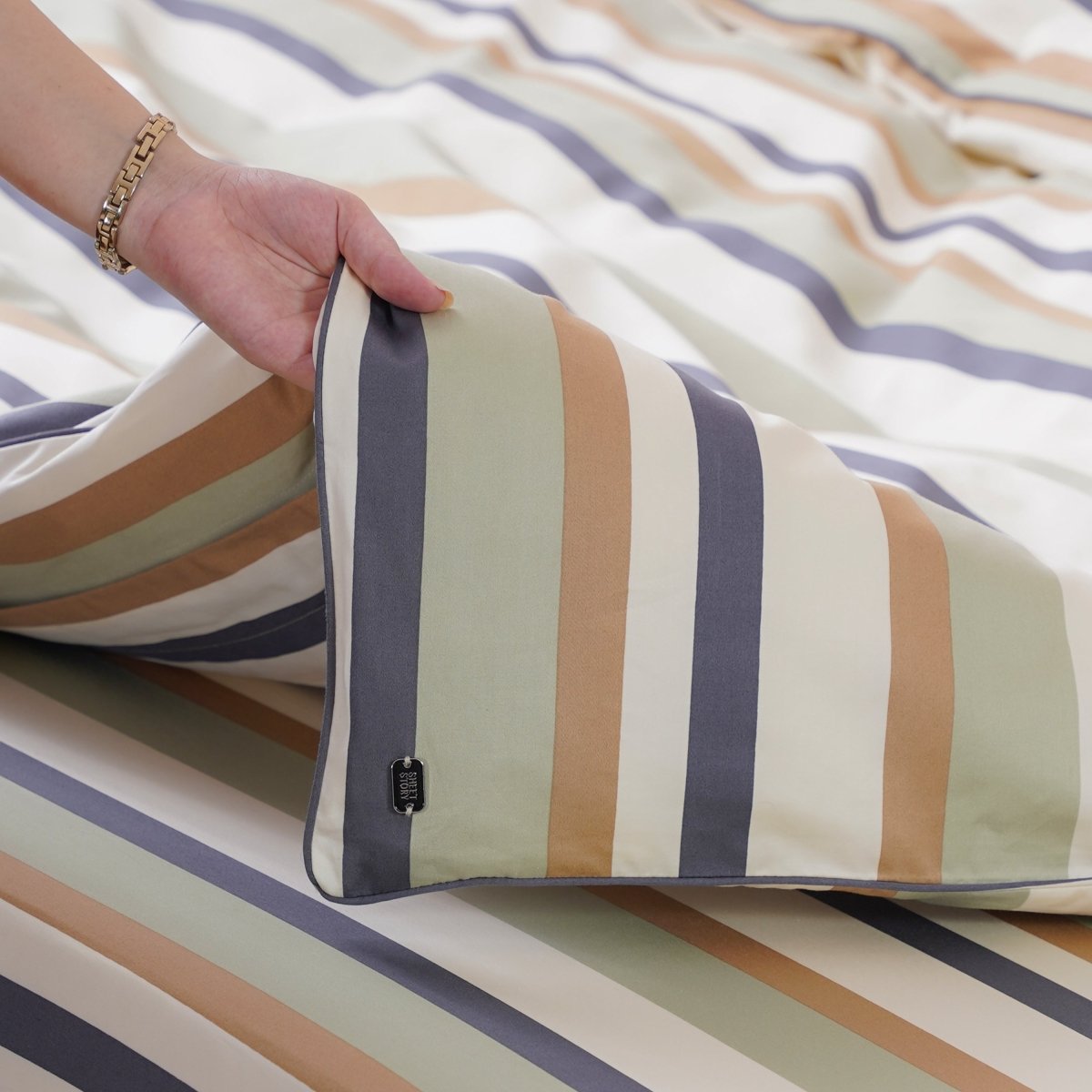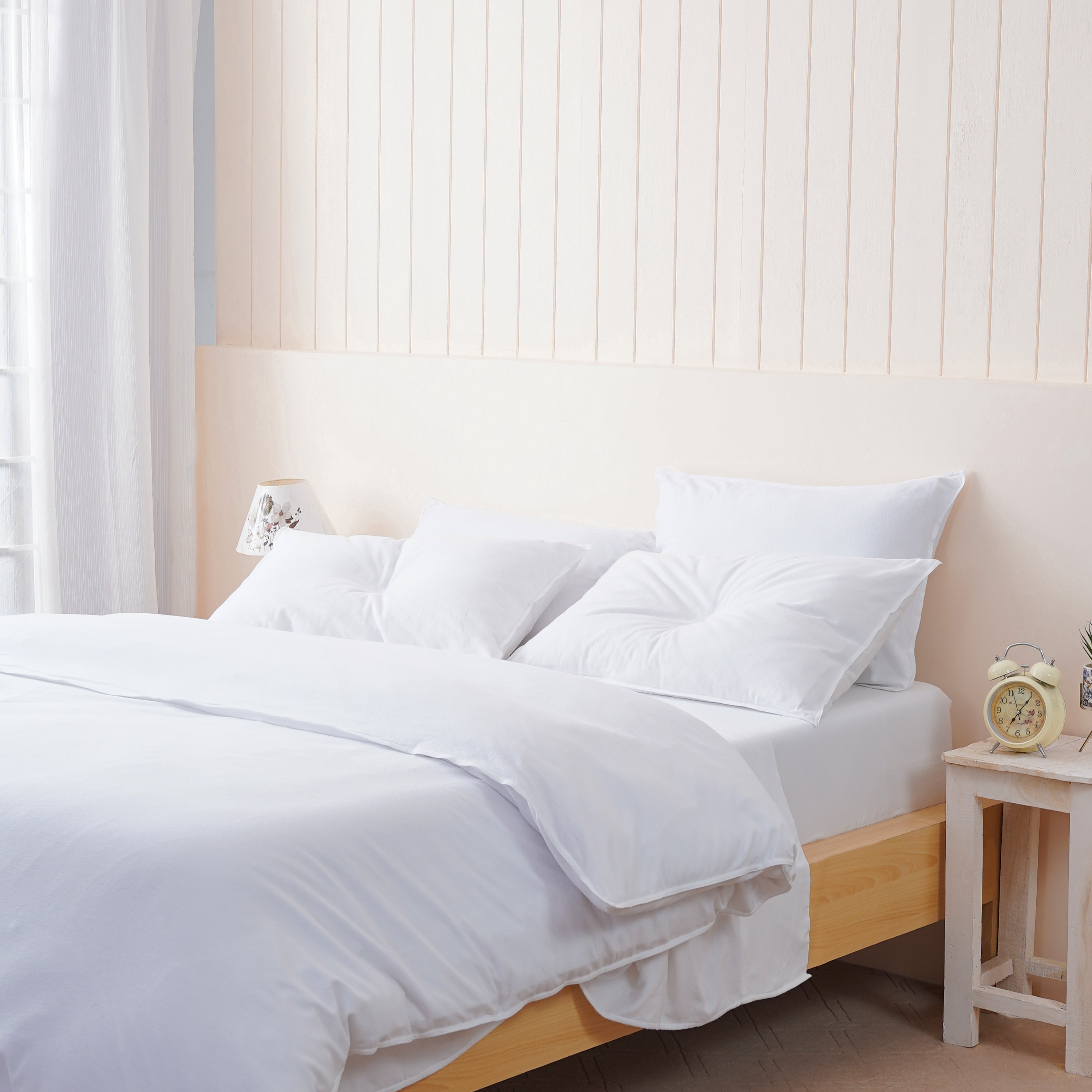In today’s world of conscious consumerism, your bedding choices carry more weight than ever. While comfort and aesthetics are often the first considerations, sustainability should be a close contender. With growing awareness of climate change and environmental degradation, opting for eco-friendly bedding can make a measurable difference — both for the planet and your quality of sleep.
Why Bedding Matters in the Eco Equation
Conventional bedding, often made from non-organic cotton or synthetic fibres, involves significant chemical use, water waste, and carbon emissions during production. According to the World Wildlife Fund, producing just one kilogram of conventional cotton can require up to 20,000 litres of water. Factor in dyes, bleaches, and plastic packaging, and your bedding’s environmental footprint quickly adds up.
The Rise of Eco-Friendly Bedding
Eco-friendly bedding is designed with sustainability at its core — from the sourcing of raw materials to manufacturing processes and packaging. Look for options made from:
-
Organic cotton: Grown without harmful pesticides or fertilisers, and typically requires less water.
-
Bamboo and eucalyptus fibres: These renewable resources offer softness and durability while using fewer natural resources.
-
Linen and hemp: Naturally breathable and long-lasting, making them ideal for year-round comfort.
Sustainable bedding brands also tend to use non-toxic dyes, closed-loop water systems, and plastic-free or biodegradable packaging.
Beyond the Fabric: Sustainable Bedrooms
Creating a sustainable bedroom isn’t just about what’s on your bed — it’s about the entire environment. Choose furniture made from FSC-certified wood, use energy-efficient lighting, and incorporate indoor plants that purify the air. These elements collectively contribute to a healthier home and a smaller carbon footprint.
Long-Term Benefits of Conscious Choices
Investing in sustainable bedding may cost more upfront, but the benefits are long-lasting. High-quality, natural fibres tend to be more durable, hypoallergenic, and breathable — all of which support better sleep quality. And, of course, knowing your choices are helping to minimise environmental harm brings its own peace of mind.
Final Thoughts
Your bedding should be more than just comfortable — it should reflect your values. By making informed, sustainable choices, you’re not just investing in better sleep; you’re helping to shape a healthier planet. Join Sheet Story on this quest.
